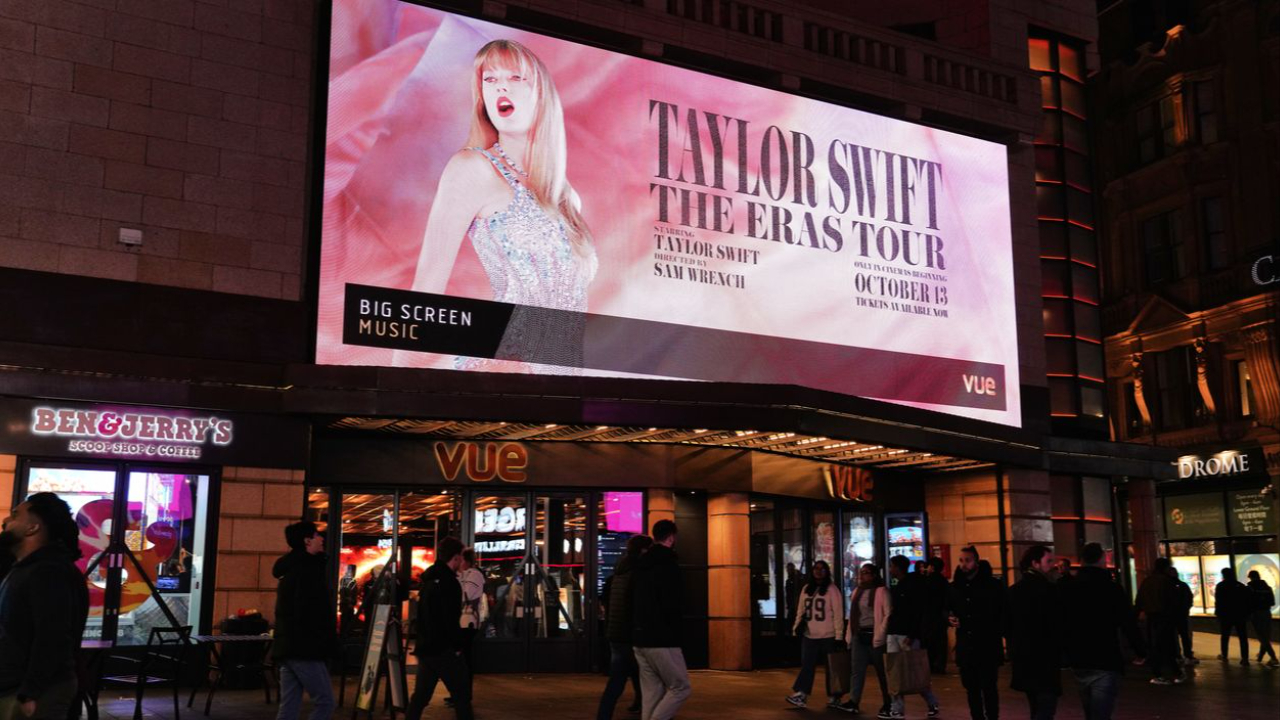Threes, you don't have to impress us
Nov 18, 2024
It was the annual Book Week walkathon at my kid’s school. I was not feeling emotionally resilient. It had been a year since I’d last seen my Mum alive. (Book week 2023 was the last weekend she spent at my place before she had a massive, and ultimately fatal, stroke.)
I felt myself shutting down to the memories flashing before me. Memories of her taking photos with the kids and smiling as she watched her granddaughter sing in the school choir. Memories of a wonderful family weekend, filled with time to chat and eat, to talk about books and friends, to soak up the sun and enjoy one another’s company.
The next time I saw her, she was hooked up to all sorts of machines. Her head was bandaged from where the surgeon had cut into her skull to stop the brain bleeding, she was unconscious, and a tube in her throat kept her breathing.
My whirlwind of emotions was evident only by the small tears forming and slipping down my cheeks. I stood quietly with my husband, waiting for our son to join us for a neighbour stroll in honour of reading.
Each year the kids’ outfits delight me. Harry Potter is a perennial favourite, as are superheroes and Wally from Where’s Wally. Percy Jackson had a good showing this year, as did several princesses, Minecraft characters, ninjas, and Vikings. Some teachers showed up as the solar system (matching their costumes to their classroom teachings), and my son was Chief from the Dogman series.

My son is still young enough to happily hold his mum’s hand, so as he made his way out of the school grounds, he walked directly to me, reached his arm out, and off we set. The excitement was palpable as the gaggle of literary characters paraded through the local streets.
A boy from my son’s class joined us as we meandered along. The boys seemed to be chatting away, and things proceeded amicably enough for a time. Then I heard the unfamiliar voice of the classmate saying, ‘This wand cost $100. It has all these special features. You can see it light up in purple.’
I tracked the comment with a throwaway thought about how sweet it was that he was so proud of his wand whilst simultaneously wondering what kind of wand costs $100.
‘My house costs over a million dollars!’ he declared a few moments later.
‘Ok…’ I thought. Attuning myself more closely to the discussion.
My son had said nothing in response to either comment and I wondered if I needed to step in with some conversational support.
‘It actually cost $1.4 million,’ the boy continued. ‘It’s huge. A mansion. Like that house over there.’

My son remained silent. I watched him closely for a minute and realised it wasn’t because he wasn’t listening, he just had nothing to say. He trades in facts and is fascinated by how things work. He isn’t interested in the language of boasting, and he doesn’t pander to people’s egos. Hence, the silence.
In a conversational pause, I asked my son about the other kids in his class and the costumes they’d chosen. He had observed every outfit and proceeded to tell me, down to the last class member, which outfit was being worn by whom.
In between this rendition, his classmate kept piping up with more success indicators, ‘And my Dad is so rich! He has a red Tesla. It’s worth $65,500.’
On multiple occasions, I tried to steer the conversation back to costumes because I honestly had no idea how else to respond to the child.
He seemed to get the hint and turned his focus in that direction, ‘Their costume is made of a cheap fabric. Mine is worth $50 or $60. There’s is probably worth $20 or $30.’
My husband was further away from the bulk of the conversation, so didn’t hear most of it, but at this point, he turned to me with a ‘What’s going on with this kid?’ look on his face.
I shrugged my shoulders and manoeuvred my son off to the side.

Viewed through the lens of the Enneagram, this was a classically unhealthy Three, talking to a Five.
If you recall the Fives from earlier in this series, Fives aren’t interested in buttering you up. They’re not sycophants. They’re observers. They’re interested in intellectual engagement and authenticity.
Threes, on the other hand, are eager to impress. What that boy didn’t know was that the more numbers he reeled out, the more eager the rest of us were to change the topic of conversation. He was insulting some of the kids around us and nobody else cared how much his stuff was worth. We all live in the same neighbourhood. We know how much the cars and houses are worth.
But the boy was so keen to impress. So eager to be seen.

What was heartbreaking was that his strategy for gaining validation was actually pushing people away.
All Enneagram points do this when they’re at their most unhealthy. The unhealthy aspect of each Enneagram point is too much. Too falsely positive, too bossy, too dramatic, too salesy, too rigid.
That’s why clearing out your Enneagram’s unhealthiest form of expression is so important.
There was a moment on the walk when the boy thought he saw his Mum’s car and started running and yelling, ‘Come back. Mum, come back’.
I watched him closely as he did this. He didn’t seem overly anxious. I’m sure he was expressing a need, but he was also performing for us at the same time. I found that curious and wondered if his Mum’s absence, and my son’s full set of parents walking alongside him, had triggered some anxiety.
Later that week, I asked my son about the boy. He said he’d never heard him talk that way. This left me wondering if, as an adult, I could have done more to validate him. Perhaps if I’d not been working through my own set of emotions at the time - with not much space for other people’s stuff - I might have responded with an affirmative statement like, ‘It’s nice to have nice things,’ or ‘It’s nice to feel proud of your house, isn’t it?’ As it was, silence was all I had to offer.
Our Enneagramatic ‘too muchness’ tends to kick in when one of our core needs isn’t being met. Our core needs include: being right and good (ones), being loved (twos), being respected and admired (threes), finding identity and significance (fours), achieving understanding (five), feeling safe (six), being free and happy (seven), being strong and in control (eight), and being at peace (nine).

The more I thought about the boy, the sadder I felt for him. I thought about the fact that we were probably both sad at that moment because we both had absent Mums.
When you’re trying to connect with other people - be they ideal customers, clients, students, potential readers, or audience members - and you don’t understand their Enneagram style or needs, you’re going to struggle to engage with them.
Threes think that because they’re deeply impressed by material success, other people are too. But material success is not a driving motivation for most of the Enneagram. Most points are grateful to have money and don’t want to be stressed about not having it, but otherwise, the things that really get them excited lie elsewhere.
To really impress my son, his classmate needed to start speaking about robots or some great engineering feat or space. (Last year we walked alongside another Enneagram Five kid and he and my son spent the entire time talking about the wonders of black holes and dark matter.)
As a Seven, I would have loved a story about travel or some interesting adventure he’d recently had with his family. My husband - a One - would have had his interest sparked by a story about his family eating whole foods or finding sustainable ways to heat their house.
Sadly, for the Three, he had picked the wrong audience to impress.
Business owners can fall into the same trap. Writers can, politicians can. We forget who we’re talking to. We forget to focus on what they value and focus instead on impressing them with what we value.
Enneagram Threes, you don’t need to impress us with your material success. We like you just the way you are. We don’t fear failure in the same way you do. This means that we’ll be there for you if you don’t achieve something incredible every other day of the week. In fact, we’d like you to step off the treadmill from time to time and just hang out with us.
You matter, just as you are. You’re valuable without all the accoutrements.
Please, be yourself. We’d love to celebrate the you that lies beneath the image.





